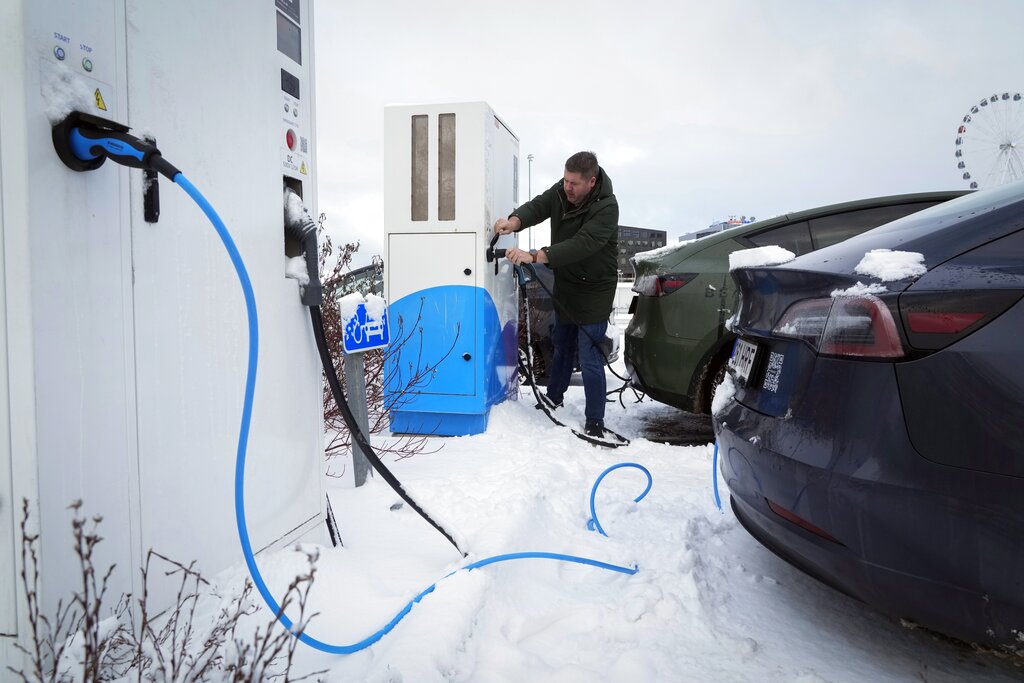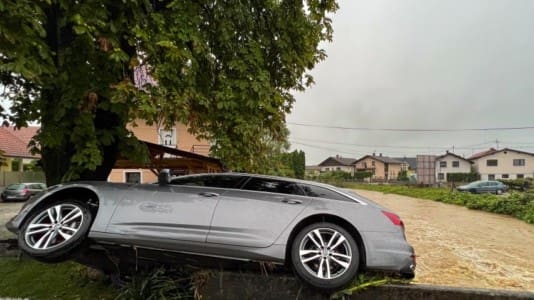The prime ministers of Estonia, Latvia and Lithuania signed a joint declaration on Thursday in which they agreed to disconnect from the Russian electricity grid by the beginning of 2025 at the latest, Estonia’s government press service reported.
The Baltic countries, all of which are NATO and EU members, remain part of the BRELL grid, along with countries such as Russia and Belarus. In 2018, they agreed to leave BRELL by the end of 2025 and join the alternative electricity grid ENTSO-E via Poland. The network, which was set up in 2008 under an EU mandate, now extends beyond the bloc’s borders and covers 35 countries.
“It is important that the Baltic countries work together to accelerate synchronization efforts, which will allow us to further manage the risks,” said Estonian Prime Minister Kaja Kallas.
“The prime ministers and I have agreed to desynchronize from the Russian (BRELL) network as soon as technically possible,” she added.
Analysis by the Baltic electric grid operators shows that the three countries will have the technical capacity to switch by the beginning of 2025, Kallas explained, noting that this means synchronization can be brought forward by about a year. In the meantime, Baltic and Polish operators are reportedly continuing to make their systems more robust, which is necessary to mitigate the risk of outages and price increases.
The Baltic states have repeatedly claimed that dependence on the Moscow-controlled BRELL network poses a potential threat if Russia weaponizes their power supply and disconnects them from the grid ahead of the planned withdrawal. Reuters reported in June last year that European grid operators had expressed readiness to bring the Baltic countries into the ENTSO-E network at short notice if Moscow disconnects them.





